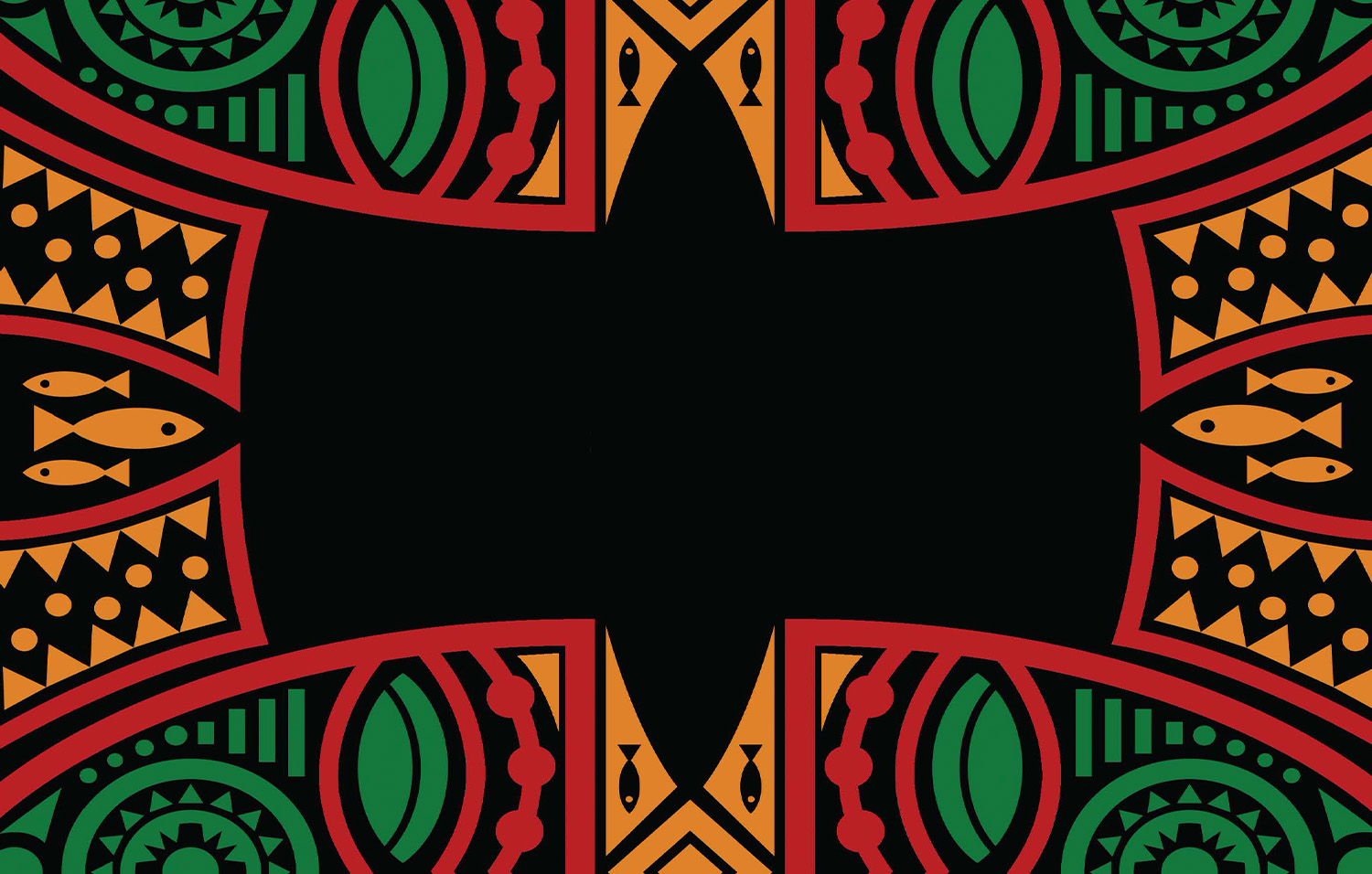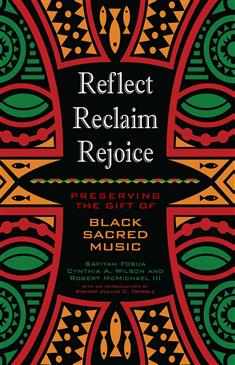Today’s Reflection
The symbol of song also functioned during slavery as a cathartic tool that surreptitiously critiqued the institution of slavery and its proponents. As one of the most important symbols in ritual life for the African slave community, the unified voice of the people gave rise to a language of emotion and spiritual intensity. For example, [spirituals] became a channel for communicating what the slaves knew and felt about God to God, an instrument that uttered the unutterable, a means by which the intellect and the emotions were joined, a tool for memorization, and a prophetic voice of hope.
—Safiyah Fosua, Robert McMichael III, and Cynthia A. Wilson, Reflect, Reclaim, Rejoice: Preserving the Gift of Black Sacred Music (Discipleship Resources, 2015)
Today’s Question
Historically, the African American sacred music experience
has played an invaluable role in addressing the emotional,
psychological, and spiritual healing of the African Diaspora.
Do you think that is still true of sacred music in the twenty-first-
century Black Church experience? Join the conversation.
Today’s Scripture
O Lord, God of my salvation,
at night, when I cry out before you,
let my prayer come before you;
incline your ear to my cry.
—Psalm 88:1-2 (NRSV)
Prayer for the Week
Bread of heaven, feed me until I want no more. Help me to understand that without you, it is impossible to survive in this world and its experiences. Thank you for being present with me in all circumstances. Amen.
Submit your prayer to The Upper Room.
Something More
Prayer is one of the best ways to place yourself in God’s presence and deepen your spiritual life, so we offer this free downloadable resource Prayer Practices for Disciples as a gift to you in honor of The Upper Room Chapel’s 70th Anniversary. Download and learn more about the resource here.
Lectionary Readings
(Courtesy of Vanderbilt Divinity Library)
Looking for lectionary-based resources? Learn more about The Upper Room Disciplines.




Add Comment